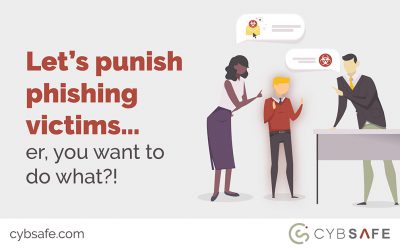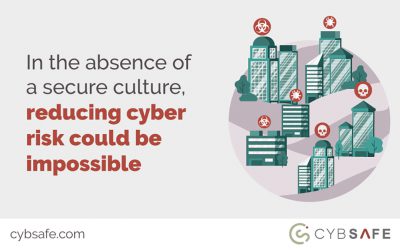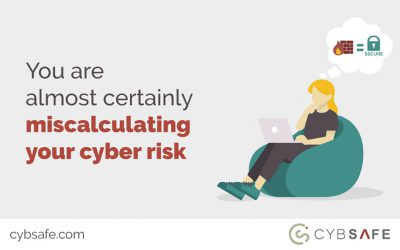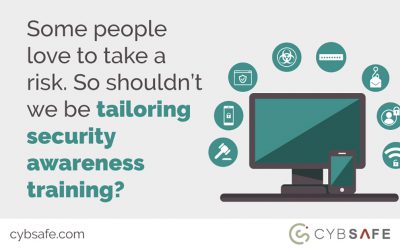Rewind
All the content from last year’s PeepSec, Impact and flagship industry events
The influence of experiential and dispositional factors in phishing: An empirical investigation of the deceived
Phishing has been a major problem for information systems managers and users for several years now. In 2008, it was estimated that phishing resulted in close to $50 billion in damages to U.S. consumers and businesses. Even so, research has yet to explore many of the...
Adapt for the era of virtual distribution
Microscope
Fines might help the channel spark more GDPR urgency
Microscope
One year on: most companies still not GDPR-compliant
Law Donut
UK businesses are still falling way short on GDPR compliance: report
Mobile Marketing
Brits do not get GDPR
Fudzilla
Establishing human factors programs to mitigate blind spots in cyber security
Many business organizations overlook the importance of a human factors program, failing to address human-centric issues and problems that often lead to cybersecurity incidents, substantial financial losses, reputational damage, and decreased productivity. Other...
Cyber security leaders from the ICO, the Bank of England, The Hut Group, Aviva, and KPMG announced as speakers for PeepSec
London Tech Week summit, PeepSec, to host its annual summit focused on people and technology Level 39, London, 15 May 2019: PeepSec - the annual online summit focused on the issues born from the interactions between people and technology - today announced the...
Is the glass half full or half empty when it comes to security?
Digitalisation World
Challenges of implementing training and awareness programs targeting cyber security social engineering
Information security is one of the growing sources of concern that organizations are dealing with today. With increased levels of sophistication of social engineering threats, the exploits from such attacks are evolving. This study highlights some of the challenges...
Using behavioural science to boost cyber security awareness
Channel Pro
Let’s punish phishing victims… er, you want to do what?!
There is a big, hairy elephant in the room when it comes to phishing: Many organisations believe that it’s okay, or right, or that they have no choice other than to punish people who repeatedly fail phishing simulations. Are they right? Before we answer that, let’s...
Human factors in the cyber security of autonomous vehicles: Trends in current research
The cybersecurity of autonomous vehicles (AVs) is a critical and developing research field in traffic safety. Given that human error is often the primary cause of successful cyberattacks, researchers in human factors and psychology could bolster AV cybersecurity by...
In the absence of a secure culture, reducing cyber risk could be impossible
To understand why it might be impossible to reduce human cyber risk without a secure culture, it’s worth considering a series of experiments from the world of behavioural science. The experiments weren’t designed to uncover security insights. Rather,...
Social engineering: The human element of cyber security
Social engineering, a technique used by criminals for ages to deceive individuals into performing specific actions or divulging sensitive information, has found its place in the digital age. Today, it's a go-to strategy for cybercriminals orchestrating phishing...
Personality as a predictor of cyber security behavior
Personality may better predict cybersecurity behavior relative to an individual’s stated intentions; however, people often behave in ways that are discordant with what they intend. Assuming most people have the intention of complying with safe practices, it is still...
World Password Day: Is it time to do away with the traditional password?
Verdict
You are almost certainly miscalculating your cyber risk
Unconvinced? Here’s a demonstration. Although it might not seem like it, people’s actions following 9/11 demonstrate just how likely it is you’re miscalculating your cyber risk. Following the terrorist attacks of 9/11, people began to change their travel...
Some people love to take a risk. So shouldn’t we be tailoring security awareness training?
As you may already be aware, most people prefer to avoid taking risks. In fact, most people prefer to avoid taking risks so much that they fail to do so even when taking the risk makes complete and total sense. This isn’t just CybSafe opinion. The...
20 firms join Tech Nation’s cyber security scale-up programme
Computer Weekly
Tech nation’s national cyber security growth programme revealed
Information Age



